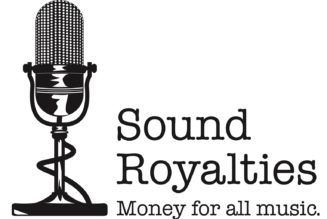Capital Markets
Pension funds fail to beat inflation during 2022
Friday February 03 2023
A securities trader at Nairobi Securities Exchange (NSE) trading floor at the Exchange building in Nairobi. FILE PHOTO | NMG
Pension savers are staring at an erosion of their funds after returns from investments plunged below the rate of inflation last year due to underperforming equities and offshore assets.
The weighted average returns for pension fund investments stood at 1.7 percent in 2022, an analysis done by Actuarial Services East Africa (Actserv) shows, while inflation in the period averaged 7.64 percent.
The returns from investments determine the interest that pension funds pay savers on their contributions each year, after factoring in administrative and other fund management expenses.
In 2021, the average pension fund return stood at 11.6 percent versus an inflation average of 6.1 percent.
Read: Pension funds to track home purchases after law review
The sharp fall in returns last year was mainly due to the poor share price performance of stocks at the Nairobi Securities Exchange (NSE), which shed Sh600 billion in investor wealth to end the year with a market capitalisation of Sh1.99 trillion.
This meant that equities investments by pension funds stood at negative 14 percent, underperforming the benchmark NSE 20 share index which shed 11.9 percent last year.
“Equities recorded mixed performance of -0.1 percent, -14 percent and -1.2 percent for the quarter, one-year and three-year periods compared to -4.4 percent, 16.9 percent and 9.9 percent in the fourth quarter of 2021,” said Actserv in its quarter four 2022 pension sector survey.
Pension funds normally invest in large, stable blue chip stocks at NSE, which offer better security against loss of savers funds while generating steady returns from dividends and potential long-term capital gains.
They, therefore, carry a large exposure in the largest firms which include Safaricom, Equity Group, KCB and EABL.
Last year, Safaricom ended the year with a share price decline of 36.4 percent, while KCB and Equity shares shed 16.2 percent and 15.6 percent respectively.
EABL was the outlier among the top four companies at the bourse, gaining 1.2 percent in the year.
Read: Pension funds can influence a major shift in ESG investing
The NSE was caught in a bearish run last year largely due to geopolitical concerns over the Russia-Ukraine conflict, which forced rates higher in western markets and resulted in capital flight from smaller markets.
Fixed income returns remained relatively stable at eight percent, compared to 9.6 percent in 2021, but offshore assets turned sour on the funds with a return of -19.8 percent, compared to 18.5 percent the previous year.
The 422 funds surveyed by Actserv —with a total fund value of Sh987 billion— had by the end of last year allocated an average of 21.8 percent of their total assets to equities, while fixed income and offshore investments accounted for 76.5 percent and 1.53 percent of total assets respectively.
Many schemes opt for low-risk, long-term local government securities in order to guarantee the stability of funds. While offshore investments often offer high returns, they come with high risks.









